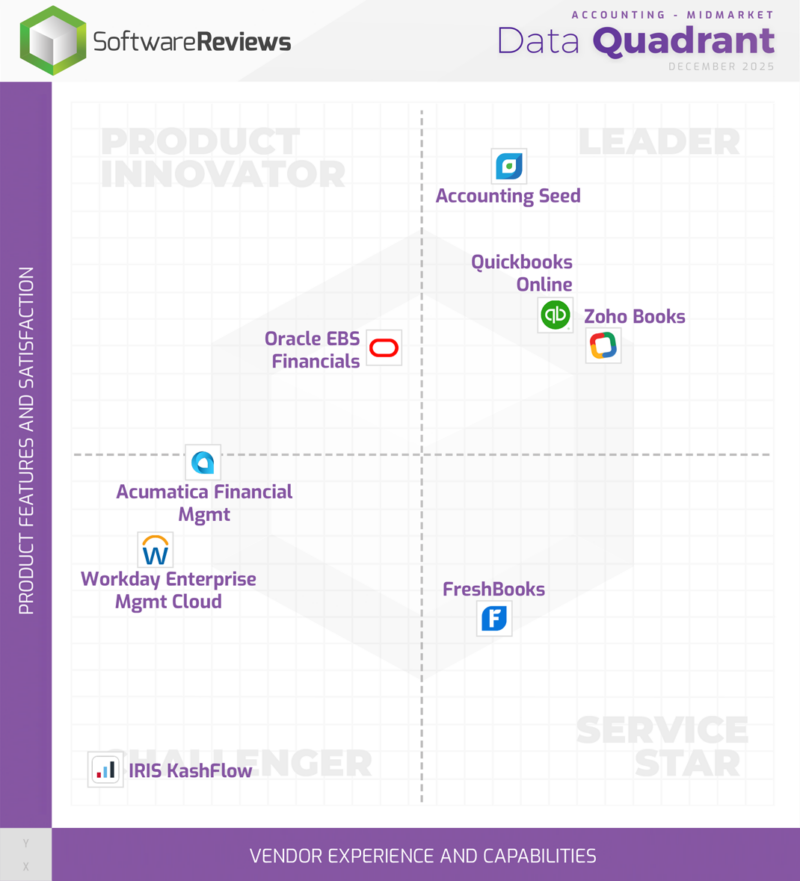
The top 3 ways the role of the CFO is evolving, and how technology is leading the change.
Over the years, particularly since 2020, the role of the CFO has shifted dramatically from transactional and historical to real-time and commercially focused. No longer are CFOs solely responsible for financial management and reporting. Now more than ever, CFOs are being called upon to be highly strategic and forward-thinking due to the evolving and expanded needs of businesses.
What, exactly, are the changes CFOs are facing? Here are the top 3 ways the CFO role is changing.
- More strategic decision-making: Overseeing the day-to-day activities of accounting is no longer the sole focus of the CFO. They have become increasingly involved in strategic business decisions that impact all departments and the overall success of the company. Working closely with other leaders—especially the CEO—to drive growth and profitability while also identifying new opportunities, analyzing risk vs reward, and creating financial strategies, are core areas of focus. Why? In both the B2B and B2C space, markets are getting more competitive and saturated. Approaching growth plans with an early 2000’s lens will fail businesses rather than help them succeed—and CFOs are expected to be the key driver of growth strategies.
- Increased focus on single-source technologies: CFOs are not just expected, but required, to have a deep understanding of emerging cloud technologies. However, the shift here is moving away from multiple software solutions to a single-source platform on the cloud that streamlines efficiencies through automation and reporting. According to a research study done by Bain Capital, 70-80% of respondents would be interested in switching to a single vendor solution that provided an integrated offering. Using a consolidated solution improves business operations and efficiencies, while often keeping the cost of ownership low.
- Expanded emphasis on data analytics and compliance: With the rise of technology—particularly big data and advanced analytics—CFOs are required to have a deeper understanding of how to leverage various insights to drive business decisions. With financial planning and analysis teams growing each year, CFOs must be data-focused with the ability to predict areas of growth. And, with all this data at their fingertips, CFOs can execute and maintain changing regulations and compliance requirements with more ease—helping them to remain compliant while simultaneously driving growth.
The current and next generation of CFO's are expected to spot trends and make fast, effective decisions. Today’s technology plays a critical role in enabling the CFO in this way—ultimately leading the CFO to move to single-source platform that connects all aspects of business. The CFO has always been a critical member of the executive team, but in 2023 and beyond their contributions will continue to evolve with cloud-based technology.
See Accounting Seed in action
See how accounting on Salesforce can eliminate the need for costly integrations—and silos of mismatched information—by sharing the same database as your CRM.




